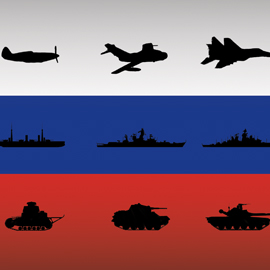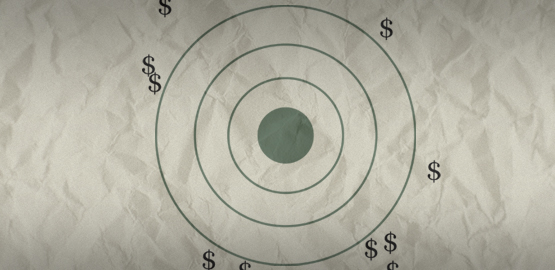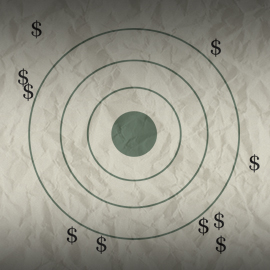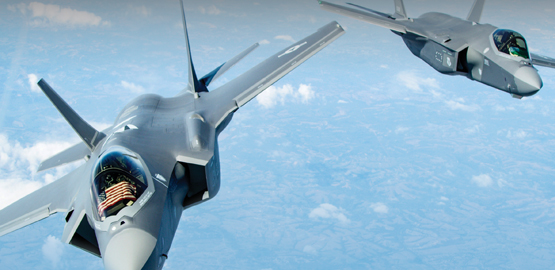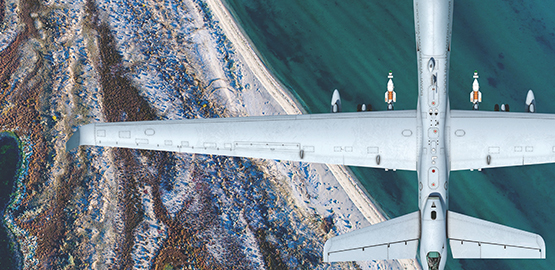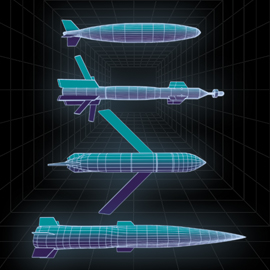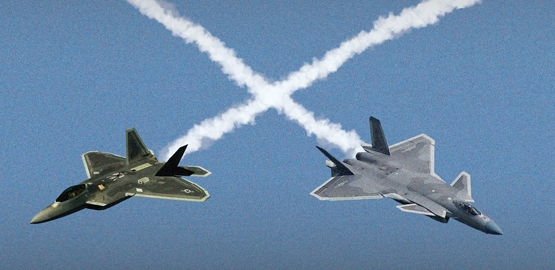Publications
"Nobody does defense policy better than CSBA. Their work on strategic and budgetary topics manages to combine first-rate quality and in-depth research with timeliness and accessibility—which is why so many professionals consider their products indispensable." – Gideon Rose, Editor of Foreign Affairs, 2010-2021
Military Compensation: Requirements, Trends and Options
The effectiveness of the US military depends critically on its ability to attract and retain quality military personnel. As demonstrated by its performance in recent conflicts, the quality of the US military is today very high. Maintaining such a force in the future must be a central goal of US defense planning. Attracting and retaining sufficient numbers of personnel, with the right talents, skills and levels of experience, will require providing competitive compensation packages. This means not only providing adequate levels of compensation, but providing the right mix of pay and other benefits, and providing them through a flexible and adaptive personnel management structure.
The Reserves and Homeland Security: Proposals, Progress, Problems Ahead
The 2002 Defense Authorization Act requires the Secretary of Defense to submit a report on the Defense Department’s efforts in counterterrorism and homeland security. The report is due to be released this month. A particular area of Congressional interest is the future use of the Reserve Component.1 Stretching back to their roots as colonial militias, America’s citizen-soldiers have historically played a key part in protecting the homeland. In the wake of the September 11 attacks, many expect the role of the Reserves to be greatly expanded. Several major studies have already called for homeland security to become the Reserve Component’s primary mission.2 Will the Department of Defense heed their call? The department is not approaching the issue with a blank sheet of paper. The 1999 Reserve Component Employment 2005 Study (RCE-05), the Defense Department’s most detailed, wide-ranging analysis of the Reserves’ potential contributions to homeland security, reveals what has been done so far and why the prospects for further change are not bright.
Promoting Efficiency in the Department of Defense: Keep Trying, But Be Realistic
Secretary of Defense Donald Rumsfeld has suggested that his department could save $15 billion a year through efficiencies if given the freedom to do so. Numerous studies have also asserted the potential for efficiencies in the Department of Defense (DoD), some arguing that savings could total $30 billion a year or more. Actual savings, however, appear much more modest. Why is it hard for DoD to achieve efficiency savings? How can the department promote efficiencies more effectively?









